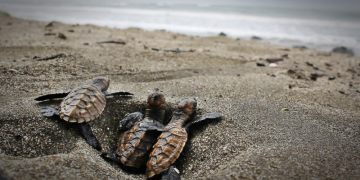Digital MRV (Measurement–Reporting–Verification) System
Blockchain-Verified Tree Registry & Certificates
Youth Volunteer Engagement Model
Corporate Partnership & CSR Integration
Three-Year Maintenance & Survival Guarantee
Community Education & Reward System
